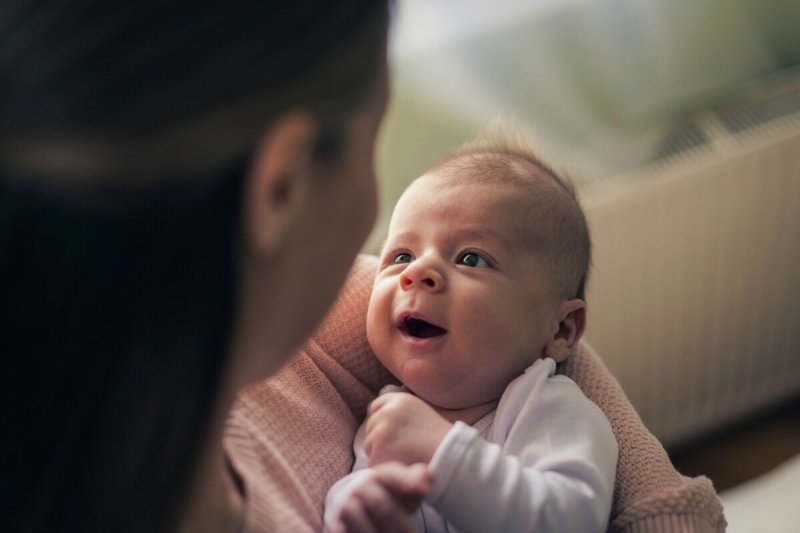The amount of close and comforting contact that young infants get doesn’t just keep them warm, snug, and loved. A new study says it can actually affect babies at the molecular level, and the effects can last for years. Based on the study, babies who get less physical contact and are more distressed at a young age, end up with changes in molecular processes that affect gene expression.
…
[P]arents of 94 babies were asked to keep diaries of their touching and cuddling habits from five weeks after birth, as well as logging the behaviour of the infants – sleeping, crying, and so on.Four-and-a-half years later, DNA swabs were taken of the kids to analyse a biochemical modification called DNA methylation.
…
The researchers found DNA methylation differences between “high-contact” children and “low-contact” children at five specific DNA sites, two of which were within genes: one related to the immune system, and one to the metabolic system.
…
Of course it’s well accepted that human touch is good for us and our development in all kinds of ways, but this is the first study to look at how it might be changing the epigenetics of human babies.
[Editor’s note: Read the full study (behind paywall)]
Read full, original post: Babies Who Get More Cuddles Have Their Genetics Changed For Years, Study Shows































